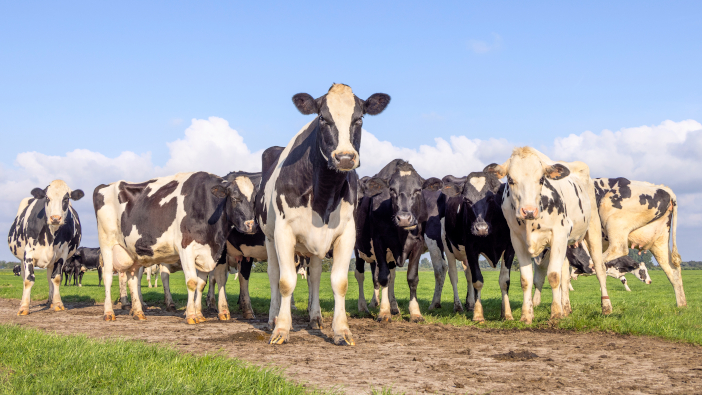Arla Foods has announced a sustainability incentive to help farmers fund actions to meet the 2030 emission reduction target. The cooperative has earmarked a maximum of three cents per kilo of milk, in addition to the one cent currently available for businesses submitting Climate Check data.
Based on the current milk volume produced for Arla Foods, this represents up to five million Euros annually.
Arla will introduce a point-based model, building on data from the Climate Check it implemented two years ago, to reward current and future sustainability activities on farms.
“The Sustainability Incentive model is a historical milestone in Arla’s transition to more sustainable dairy. We are introducing an advanced and ambitious sustainability incentive, a fundamental change to our milk price model. Going forward, the milk price Arla farmers will receive for their milk will not only depend on fat, protein and quality, but it will also depend on their activities on sustainability.
“The support from our members, even in a time of great uncertainty, is a testament to our commitment to be at the forefront of progressive dairy farming and set the standard for how to push our whole sector forward,” said Arla’s chairman Jan Toft Nørgaard.
The three cents will be paid on top of the one cent farmers receive for submitting their Climate Check data, which is a pre-condition and the foundation for calculating each individual incentive. The money will be taken from the cooperative’s milk price and re-distributed to farmers based on their individual points; given the current milk price, the Sustainability Incentive will represent around 7% of the milk price.
“The Sustainability Incentive will be an effective tool for driving further improvements. Arla has some of the most climate-efficient farmers in the world, however, they also recognise that they need to accelerate their efforts to be at the forefront of environmentally sustainable dairy.
“With this historical step, we will stand stronger in the market and send a clear message to our customers and consumers that the necessary change comes at a price for our owners and that a fair amount of the money you pay for Arla products is directed to the farmers who take the most action,” said Peder Tuborgh.
A points-based system
Within the system, farmers can collect points based on their activities. The model features 19 markers where points can be claimed, including feed, protein and fertiliser efficiency, manure delivery to biogas, biodiversity, carbon farming and the use of renewable energy and deforestation-free soy.
Eighty points will be available from the start of 2023, with a further 20 points expected to be built into the model over the coming years. For each point that farmers achieve, 0.03 cents will be added to the per kilo milk price. Activities that have a bigger improvement potential will lead to more points, therefore offering a greater incentive.
For the average Arla farmer, with an annual milk production of 1.2 million kg, approximately 26,000 euros of the overall price will be achieved based on their sustainability activities. However, the average payout may increase as the cooperative predicts that some will go for as many points as possible in the first year.
“All our members’ ideas and feedback have been registered and taken into account, some of which are reflected in the model we are presenting today. I am proud that across our cooperative, despite inflation, labour shortage and supply challenges, members have supported that it’s time to financially incentivise sustainability improvements,” said Jan Toft Nørgaard.
The scheme is voluntary, however, 95% of producers have already registered for the 2022 Climate Check and their points will be automatically calculated and rewarded. The first payment will be part of the August 2023 milk price, based on milk delivered in July. It will be calculated based on the 2022 Climate Check, as well as any additional documentation that the farmer provides.


